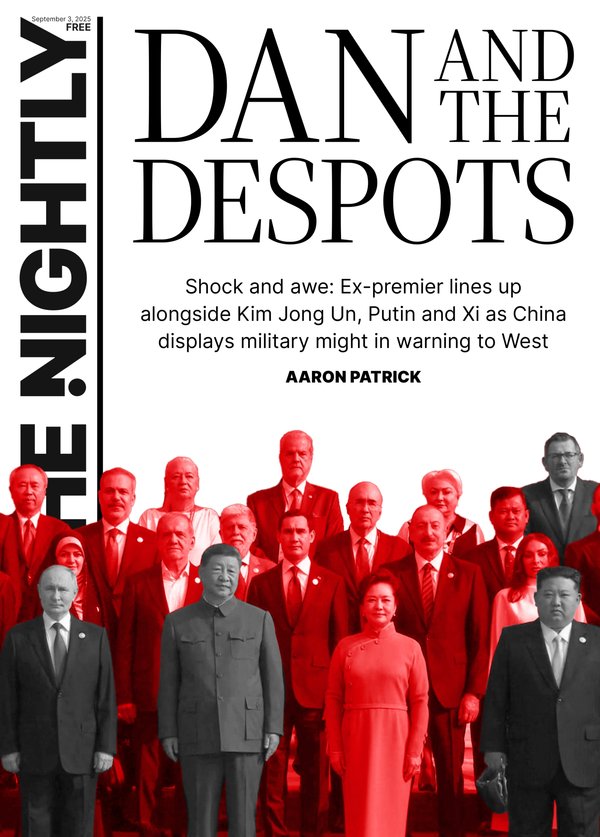Justin Langer: Adam Selwood loss is a chance for us to focus on how we must change mental-health focus
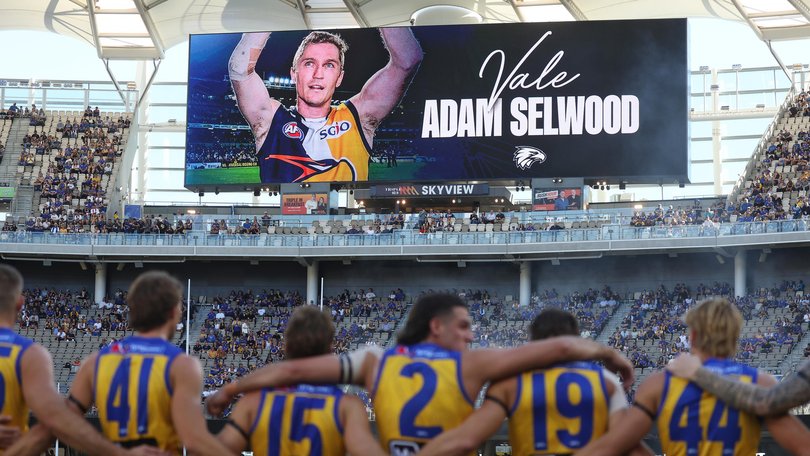
The Notebook is a film directed by Nick Cassavetes and based on the novel by Nicholas Sparks.
It is a poignant love story that spans decades. My daughters have read the book and watched the movie numerous times.
For years I was intrigued by the tears of my family as they sat glued to it. I would smile with my girls as they responded the same way every time. Tears falling down their faces, they would sob: “This is a beautiful love story Dad.”
Sign up to The Nightly's newsletters.
Get the first look at the digital newspaper, curated daily stories and breaking headlines delivered to your inbox.
By continuing you agree to our Terms and Privacy Policy.I never took the time to watch it with them — “boys don’t cry” and all that bulls***.
Then, last year, while flying to England I caught the movie on the flight. Bad move. Not only are boys not meant to cry, but we certainly don’t in public. Especially on an aeroplane. How embarrassing!
And that just may be the problem that seems to be entrenched into the core of male mentality for generations upon generations — don’t show your vulnerability.
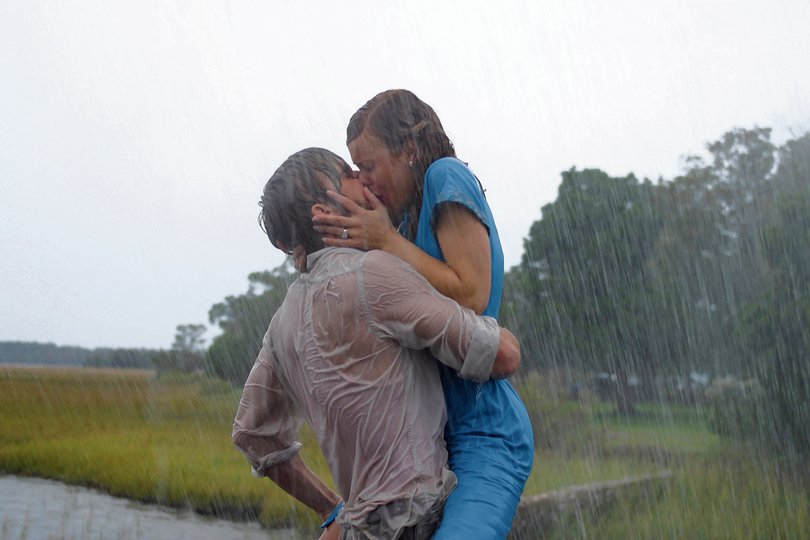
The Notebook’s final scene is especially heart-wrenching and powerful. As they lie together, holding hands, Allie’s husband Noah tells her that their love is strong enough to do anything — even bring them together forever.
By morning, a nurse finds them peacefully passed away, still holding hands.
The last image of the couple together in eternity leaves an indelible emotional imprint and made me think about grieving the loss of your loved ones.
For so many, the tragic news of Adam Selwood’s death just months after that of his twin brother Troy was unfathomable. It is impossible to understand how their families and friends feel today.
Our thoughts are inconsequential to their grief.
Joel Selwood posted during the week: “Rest up, love you brother. Look after each other.”
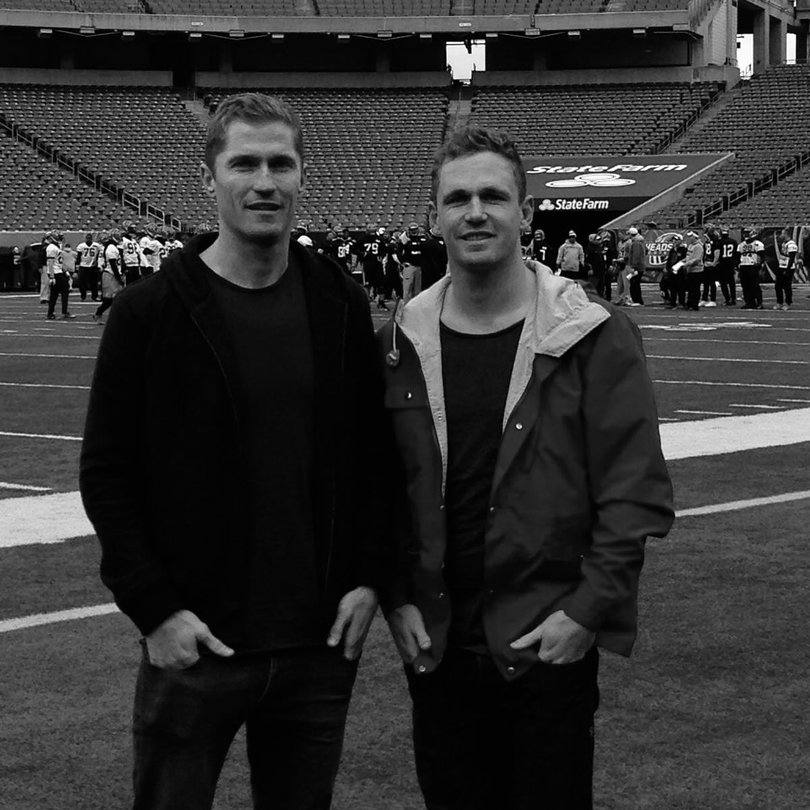
When Troy died a few months ago, Scott, the fourth of the brothers, responded to a message to me saying: “We feel so lucky we had a brother that fought like anything to beat the bastard (depression) for many years. The poor bugger just ran out of punches in the end.”
Tragically, Adam also ran out of punches this week.
On the back of six suicides in the AFL since Danny Frawley’s death in 2019, the natural tendency may be to assume this is an industry crisis in the AFL.
Sadly, it is not. This is an Australian-wide crisis; we only just hear about the high-profile losses.
AFL legend Wayne Schwass set up his foundation PukaUp to prevent suicide by focusing on emotional expression and vulnerability, particularly among men.
He talks about everyone being on their own mental health journey, and how we should be preventing the problems rather than dealing with them in times of crisis — or when people are already sick — in a system that’s so overwhelmed. And, in many cases, too expensive to access.

“I know it’s great to win a game of footy, but we’ve lost a legend of our club,” he said. “I want to send all love and support to the Selwood family. Mental health is such a massive thing at the moment.
“I’ve struggled with my own mental battles this year, and I’m so fortunate to have such a great support crew around me to have my back throughout everything we’ve gone through.
“I just urge anyone out there who’s struggling with anything: please reach out to helplines, friends. Please reach out to each other. We’re heartbroken, and we just want to offer all the love and support we can to the Selwood family at this time.”
The irony is that for many men, the Selwood brothers epitomise what it means to be a man.
On the footy field they were uncompromising and tough. They have all been described as great teammates, who always had the backs of their mates. Not just good blokes, great blokes. All four of them; four brothers playing AFL footy. What a story. Legends.
Growing up, the Selwoods — like Oscar Allen — would have been like so many young men.
Our role models were hardened sportsmen who gave the opposition no space to breath. A beer at the end of the game was the only time for relaxation and a laugh.
Speaking of our feelings or struggles was unheard of, almost taboo. Grit your teeth and get on with it. Our grandfathers were the same, as were our dads. That’s how we were generally modelled.

Rocky Balboa’s movie message to his son epitomised how we were educated in the game of life.
“Let me tell you something you already know,” he barked. “The world ain’t all sunshine and rainbows. It’s a very mean and nasty place and I don’t care how tough you are, it will beat you to your knees and keep you there permanently if you let it.
“You, me, or nobody is gonna hit as hard as life. But it ain’t about how hard ya hit. It’s about how hard you can get hit and keep moving forward. How much you can take and keep moving forward. That’s how winning is done.”
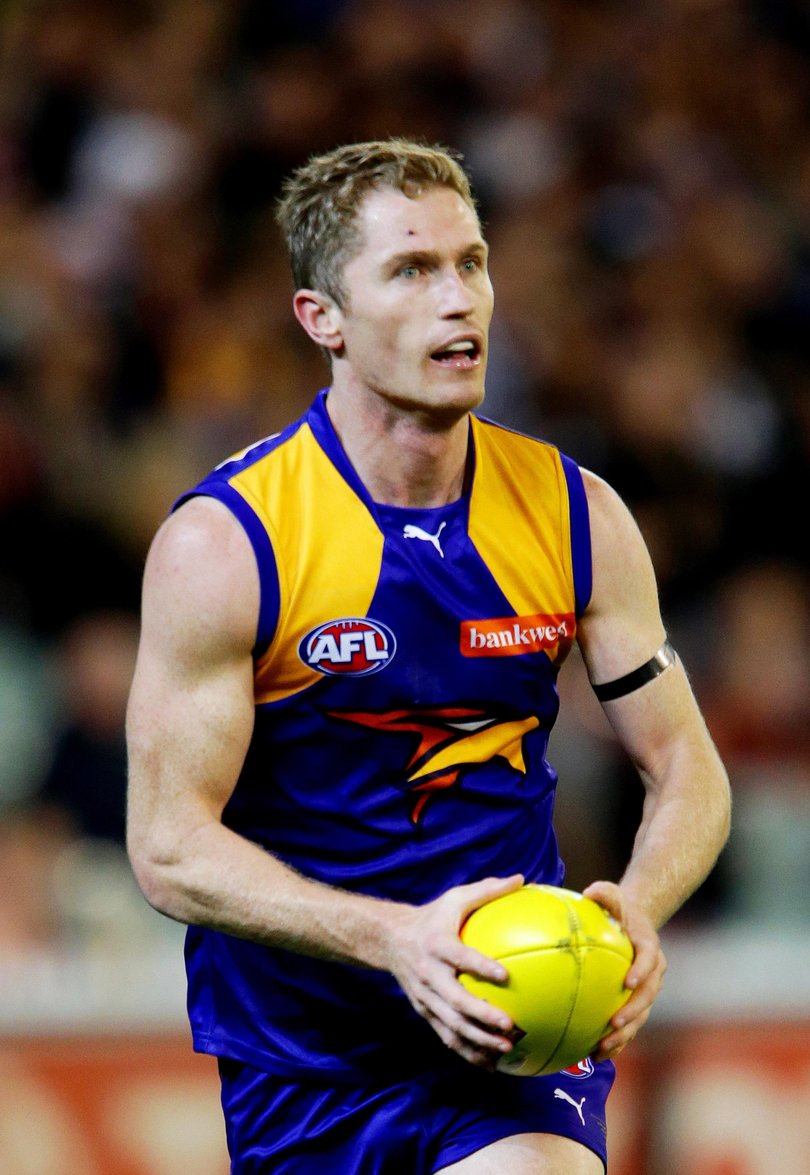
Today, this is changing, but we must ask if it is changing fast enough.
Life isn’t getting any easier, it’s still — as Balboa might say “ain’t all sunshine and rainbows”. But one must wonder WHY suicide has become so prevalent. There must be a better way.
The statistics cannot be ignored.
Despite being largely preventable, suicide continues to claim thousands of Australian lives each year. WHY?
In Australia, the latest data reveals that seven men and two women who woke up this morning, won’t wake up tomorrow morning. About 65,000 people in Australia try to take their own life every single year.
Through my association with Zero2Hero, a WA-based foundation dedicated to educating, engaging and empowering young heroes to become mental health leaders and help prevent suicide in Western Australia, I’ve learned suicide is the leading cause of death for Australians between the ages of 15 and 44.
Mental illness and suicide affect millions of us and is a confronting conversation — and topic — for many of us to approach. WHY? In our ‘lucky country,’ this makes little sense to me, and it makes me feel sad.
Plus, suicide doesn’t discriminate.
The burden of it falls disproportionately on certain communities. Aboriginal and Torres Strait Islander peoples face suicide rates more than twice that of non-Indigenous Australians, with particularly devastating impacts in remote communities. In some regions, the suicide rate among Indigenous youth is up to five times higher than their non-Indigenous peers.
WHY?
Rural and remote communities experience suicide rates up to 40 per cent higher than metropolitan areas, frequently attributed to economic hardship, isolation, limited access to mental health services, and the impacts of environmental disasters like droughts and floods.
LGBTIQA+ Australians experience disproportionately high rates of suicidal thoughts and behaviours, with same-sex attracted people up to 14 times more likely to attempt suicide than their heterosexual peers.
WHY?
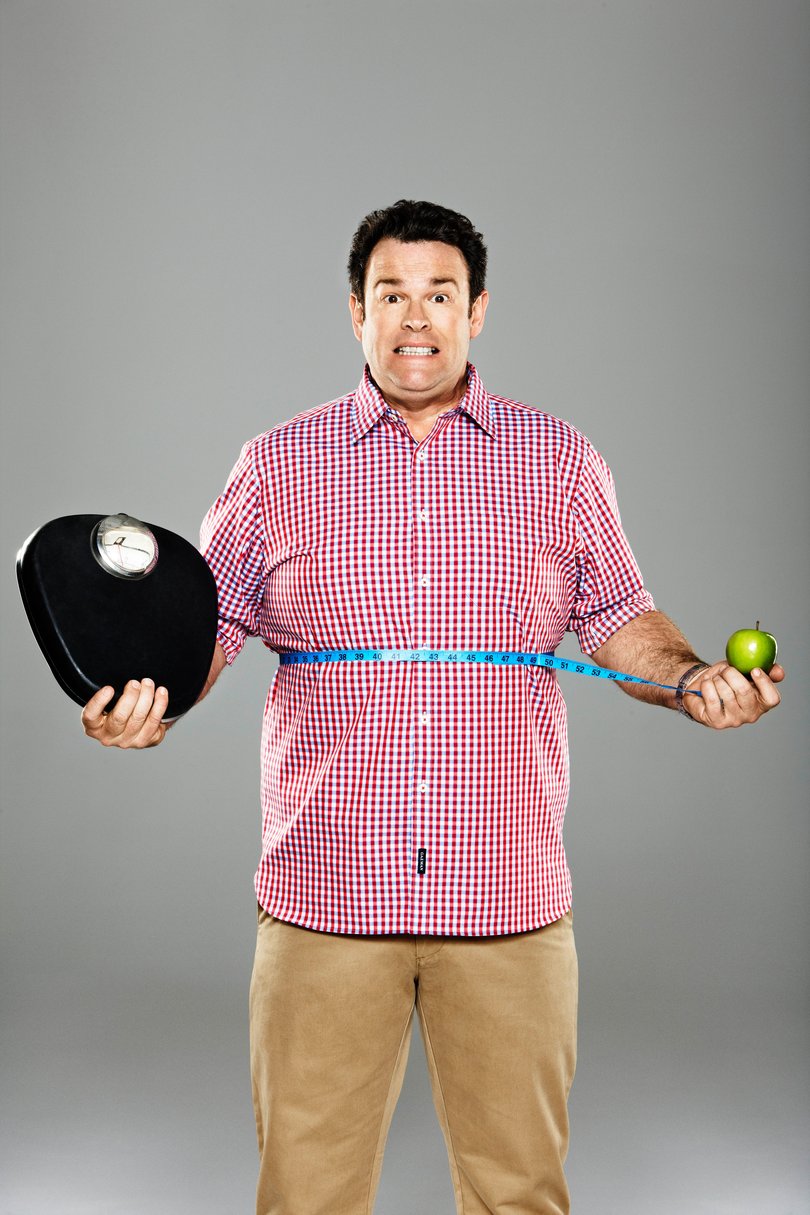
In his widely-watched Ted Talk titled “Is Someone You Love Suffering in Silence?”, Gus says: “And at the funeral, and talking to people after the funeral, just the frustration, ‘Did you know? Did you know? Did anyone know? Did you get a clue?’ And of course everyone’s saying, ‘No, I didn’t have a clue. In fact, he was my go-to guy.’
“He seemed to tick all the boxes. He seemed to just know what to say at the right time, and he seemed to be able to work his way, both personally and with work, to get life done. And he was successful.”
For the last six years, in Worland’s words: “I’ve been running a foundation called Gotcha4Life. I want everyone in the world to find someone who has got you for life. Someone you can talk to, warts and all, without any fear of judgment, about the truly important stuff. Why do we keep celebrating with lots of people in parties, but we don’t celebrate the stuff that’s a little bit harder, the stuff that’s not so good? Why is that the case?”
There are many organisations and champions of the cause asking WHY and teaching us HOW we can make a difference.
Zero2Hero, Gotcha4Life Foundation, Happiness Co, Find Ya Feet, Shoreline Foundation, R U OK?, Beyond Blue, Black Dog Institute, Lifeline Australia, Kids Helpline, The Male Hug to name a few.
Let’s hope they can continue saving lives, but we can all play a part by watching out for those we love the most.
